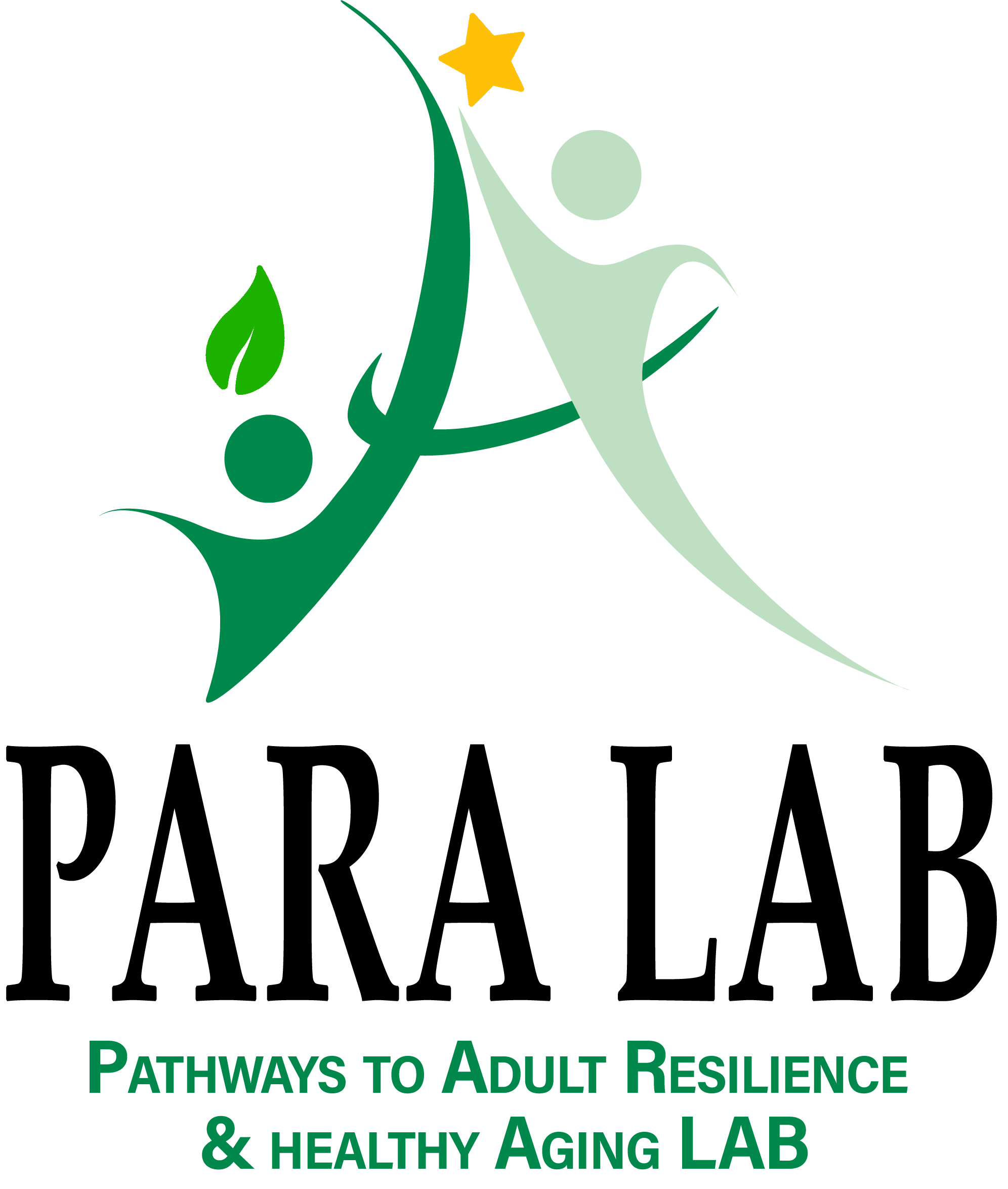Pathways to Adult Resilience and Healthy Aging (PARA) Lab
Research Topics
Growing old is not as bad as we imagine. The PARA lab investigates how to be resilient and stay healthy while we navigate through life stressors throughout adulthood. Particularly, we explore how intergenerational relationships may promote and/or hinder the psychosocial processes of family members in their middle and late adulthood.
Adult Resilience
“Resilience mechanisms during the COVID-19 pandemic involve cognitive flexibility and distress tolerance in the face of complex stressors with competing priorities. Sociocultural identities and proximity to family matters.”(Chan, 2023)
Dr. Chan has proposed the Multisystemic Resilience Framework in her doctoral dissertation, which illuminates adult resilience as a developing capacity changing over time in response to the nature of stressors and sociocultural context. Much of PARA Lab's research focuses on exploring and examining the interplay of individual and family processes of at-risk adults in the face of different stressors, such as childhood adversities, elder abuse, family caregiving, and coronavirus disease 2019 (COVID-19) pandemic, living in the Western and Eastern cultures.
Moving forward, the PARA lab will focus on empirically examine the resilience processes informed by the Multisystemic Resilience Framework in different populations and sociocultural contexts. Currently, trainees are involved in data collection and analysis in the 3-year longitudinal project “Resilience and Adaptation in the face of the COVID-19 Pandemic”. This cross-cultural project involves 6 waves of online surveys and/or individual interviews with the same group of adults living in Minnesota, U.S., and Hong Kong, China.
Healthy Aging
“Intergenerational relationships can have positive and negative implications for minority aging. Minority older adults benefit most from these relationships when they increase social interaction and/or offer social support. At the same time, these relationships can be sources of strain among already disadvantaged groups.”(Sneed & Chan, 2023)
Dr. Chan and her team have conducted multiple systematic reviews illuminating that the health and well-being of minority older adults is complicated by their differences in family roles and sociocultural backgrounds. These call for identifying mechanisms linking intergenerational relationships to health-related outcomes among minority older adults. Much of PARA Lab's past empirical research on healthy aging utilizes the U.S. longitudinal panel study, Health and Retirement Study (HRS) dataset.
Moving forward, the PARA lab will collect data to explore and examine how intergenerational relationships and family roles impact the health and well-being of adults in their middle and late adulthood (particularly grandparents and sandwich generation caregivers) in the local community in Lubbock, TX.
Human Development and Family Sciences
-
Address
Texas Tech University, P.O. Box 41230, Lubbock, TX 79409-1230 -
Phone
806.742.3000 -
Email
hs.webmaster@ttu.edu

